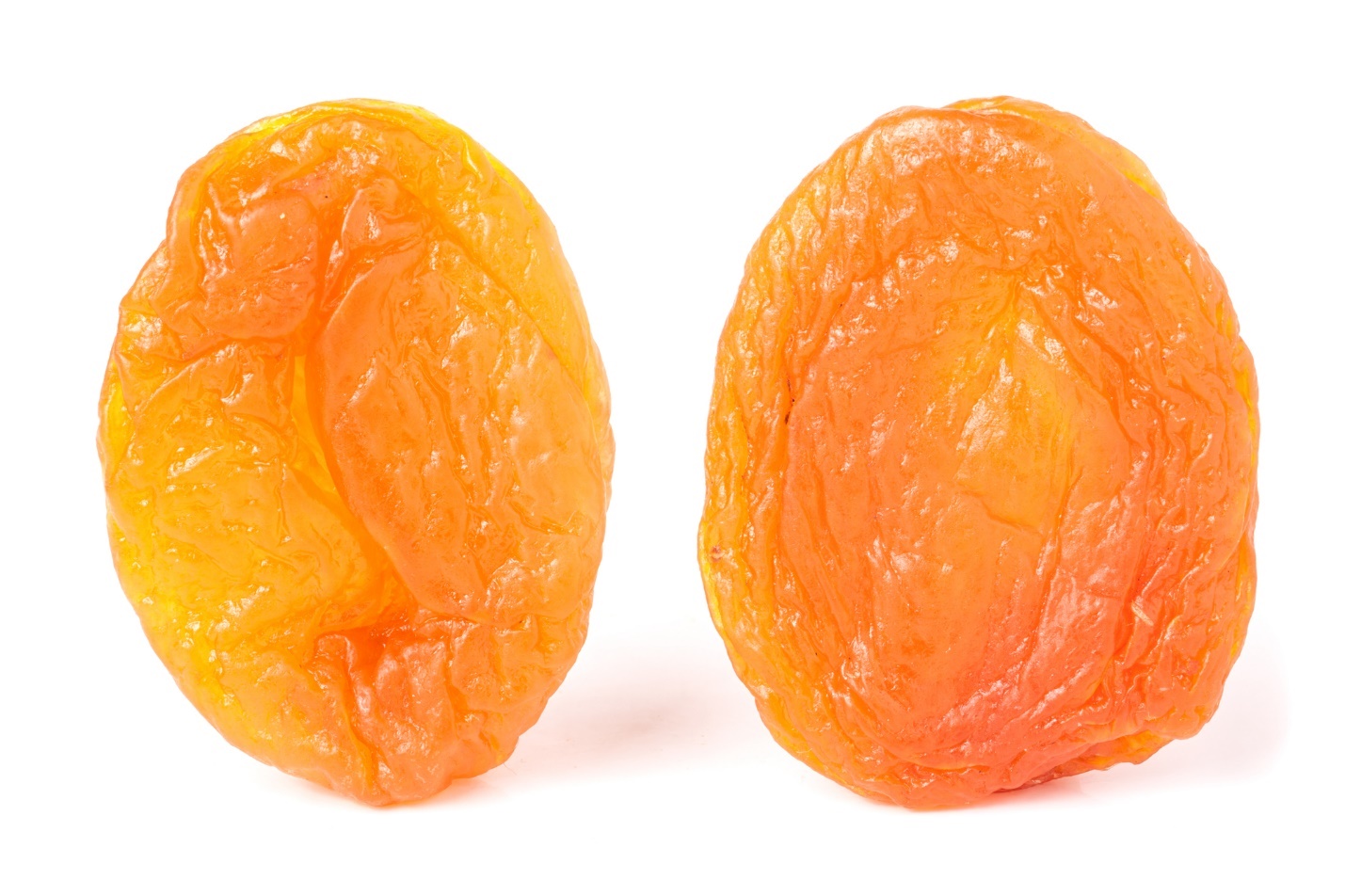BP56
When I was a kid back in Junior High, our youth group (known back then in the dark ages as Luther League) had an event every year around Halloween. At one of these parties, some small boxes were placed on tables around the church basement. Today, fifty years later, when I did a search on the Internet, I discovered that they are sometimes referred to as mystery boxes. I bet some of you know what Halloween Mystery Boxes are, right?
Creative parents at the church who loved to creep out their Junior High students (Middle Schoolers) placed various objects in empty tissue boxes. These objects were carefully chosen to tactilely mimic gross things commonly associated with Halloween like blood and guts.

I am partly guessing here since a lot of water has gone over the dam since I was twelve years old, but I vaguely remember canned peaches used for livers, peeled grapes for eyeballs, dried apricots for ears, peeled tomatoes for hearts, peanut butter for ear wax, steamed cauliflower for brains, cooked baby carrots for fingers and maybe thin melon slices for tongues.
In our Luther League version of the mystery box experience, we were blindfolded and then directed to place our hand in each box and grope around for the contents. When tactile contact was made with each gross item, we had to guess what body part was represented by the object in the box. The peeled grape eyeballs and the apricot ears are the most vivid items in my tactile memory.
An activity that accompanied the mystery boxes at one of these Halloween parties was bobbing for apples in large tin basins filled with cold water. If any of you are unfamiliar with apple bobbing, the activity involves attempting to snag an apple out of the water using only your mouth. (Your hands must remain behind your back so you will not be tempted to cheat.)
For those of you challenged in the discipline of physics—like me–apples are less dense than water and so they float on the surface and will elusively bob up and down when you attempt to get a grip on them with your teeth. Herein lies the challenge of bobbing for apples.

To score a bigger apple (unless we were blessed with a large mouth), we had to pin the apple against the side of the basin or be especially brave and immerse our heads fully into the water so we could push the apple against the bottom of the tub and secure it in our teeth.
Strangely, I cannot remember bobbing for apples at any other time in my life other than that night at the Luther League party and I doubt that I will ever do any more bobbing in the future. My window for bobbing for apples, sadly, seems to have passed. Do people even bob for apples anymore—especially after the latest virus. I hope so because the topic of this blogpost assumes that you understand the dynamic of bobbing for apples.
Bobbing for apples is not as easy as one might think. But it is the kind of activity that once you practice it, you learn exactly what you need to do to secure the object of your attention.
When you stop and think about it, the practice of bobbing applies to many other activities in life besides trying to grab an apple. The more you pursue (bob for) anything in this world, the better you get at acquiring it. Eventually, these bobbing pursuits—healthy or unhealthy–become first nature and you do not have to work too hard to practice them successfully.
I had a client many years ago who taught me a different version of bobbing. He applied it to what people think about. He called it bobbing for turds.
I was a bit taken aback when Bob first mentioned the crude metaphor to me, but as he explained it, bobbing for turds made good sense. He said that when people engage their minds from moment to moment, they are the agents who choose what thoughts they decide to think. Their minds can bob for good thoughts—apples—or they can bob for bad thoughts—turds. Even though bobbing for apples seems like a no-brainer to me, it is amazing how many people spend much of their lives bobbing for turds.

Bobbing for thoughts in our minds is like rehearsing something (like lines in a play). The more we rehearse, the more we memorize something and will have trouble forgetting it.
Therefore, be careful what you bob for because what you rehearse, you practice–and you may remember the old saying about practice: Practice makes permanent. If you bob for certain thoughts often, they will become increasingly prominent in your mind and eventually largely permanent.
So, our minds get to choose between bobbing for apples or for turds, as it were. Bobbing for apples means thinking about positive, godly things. Some examples of thought bobbing for healthy things are meditating on the good characteristics of people instead of the bad ones, being thankful, forgiving someone who has wronged you, setting your mind on things that are above instead of on things below (Colossians 3:1-4), and meditating on the character of God including attributes like His love, mercy, grace, omnipotence, justice, and holiness.
Examples of bobbing for turds in our minds include dwelling on thoughts like revenge, bitterness, envy, blame, sexual fantasies; idolizing material things; valuing the created things in this world (even a new video game or an iPhone 13 pro max) so much that we forget to rejoice in the Creator; rehearsing how someone has wronged us; obsessing about self-condemnation; and worrying about the future or dwelling on the mistakes of the past. Even building a house for shame in your mind is an example of bobbing for turds.
We bob for negative thoughts about God when we raise our fists and complain about the abundance of suffering in our lives or the lack of blessings. We bob for critical thoughts about others when we rehearse in our minds how they have hurt or offended us. We bob for self-deprecating thoughts when we second guess ourselves constantly, believe that we are unlovable, and rehearse past events or conversations scrutinizing both for how we should have done things or said things differently.

Other words common to psychology that can be used to express the habit of bobbing for turds are stinking thinking and catastrophizing. Stinking thinking is the practice of negative thoughts that fuel depression and potentially lead us to either guillotine others or exile ourselves in a private bunker where no one else can enter. Catastrophizing occurs when we rehearse thoughts that create anxiety instead of joy, and when we anticipate that the worst-case scenario will occur instead of hoping for the best.
What can you do if you find yourself bobbing for turds or engaging in stinking thinking or catastrophizing?
- SLOW down and ask God to help you examine the content of your mind including your God-other-self talk.
- STOP bobbing for the negative thoughts about God, others, and yourself. Remember that you do have a choice in what you think about. If you continue to bob for the turd thoughts, you will rehearse them until they become you—permanently engraved on your brain and heart. Remember that thoughts are like door-to-door salespeople that fight to enter the house of your heart. Once they are allowed entrance, they will convince you to subscribe to dark thoughts like: God does not love you without condition—rather, He condemns you; your friend is insensitive to your hurt so you should cut her/him off; and, you have sinned so appallingly that you have blown past God’s ability to forgive you.
- BE AWARE OF emotions. When it comes to thought bobbing, strong emotions will determine what you bob for. If you have negative emotions that chronically swirl around within you, talk to someone about them. Do not simply swallow them thinking that suppression will make them go away. No, suppression will lead them to ferment, to become stronger to the point that they will become a toxic brew within you, poisoning everything you think about. Instead, tell God about your anger, loneliness, hurt, contempt, and bitterness. Confess your hidden sins of envy, lust, and comparison to one another. Why does God’s word call us to be transparent about our internal worlds? One reason is because vulnerability gets the intense emotions out in the open where they will lose their power instead of poisoning us on the inside as we secretly bob for turds of resentment and even hatred. Move toward God and others instead of away from them or against them.
- IENTIFY any negative emotions or thoughts you are transferring from past relationships onto people in your present life. Unhealed wounds always bleed into future relationships—and not in the form of delicious apples.
- BEGIN practicing gratitude today. Train your mind to be thankful and to bob for thoughts that will cultivate love, joy, and hope. Philippians 4:8-9 says, Whatever is true, whatever is honorable, whatever is just, whatever is pure, whatever is lovely, whatever is commendable, if there is any excellence, if there is anything worthy of praise, think about these things. What you have learned and received and heard and seen in me—practice these things, and the God of peace will be with you.

I like Habakkuk 3:17-18 because this passage appears to be a great antidote for cognitive turd bobbing, stinking thinking and catastrophizing. It says, Though the fig tree should not blossom, nor fruit be on the vines, the produce of the olive fail and the fields yield no food, the flock be cut off from the fold and there be no herd in the stalls, yet I will rejoice in the Lord; I will take joy in the God of my salvation.
I refer to these words as Practicing Presence. Stinking thinking, catastrophizing, and bobbing for turds all rehearse the bad things in this world while Habakkuk 3 teaches us to practice meditating on Jesus no matter what negative things are going on around us. God’s word in Habakkuk and all through the Bible instructs us to dwell on the joy that will be attained when we fix our eyes on the One who is always glorious, merciful, and loving.
Always remember that discipline is a huge component in the Christian walk. Scripture tells us to discipline our bodies, our tongues, our behaviors, and our minds. Specifically, Romans 12:1,2 says, Present your bodies as a living sacrifice, holy and acceptable to God, which is your spiritual worship. Do not be conformed to this world, but be transformed by the renewal of your mind, that by testing you may discern what is the will of God, what is good and acceptable and perfect.
In summary, one way to advance the journey of sanctification is to bob for the apples of God’s perfect truth and to shun the turds of the dark enemy which, like weapons of evil, are personally implanted in your mind from the septic tank of hell to steal, kill and destroy your relationships on every level.

Never forget that one of Satan’s primary goals is always to cull you from God’s herd and drive you into the wilderness alone where he can tear your soul and mind to shreds. Satan separates you from your adopted family and heavenly Father so he can then convince you that you are nothing more than excrement. Quite to the contrary, God invites you into intimate fellowship with Him and reminds you that you are His child.
So, today’s question is, What are you bobbing for—appetizing apples or toxic turds? Referring to bobbing for turds sounds crude and gross, but it does get our attention about something deadly and ultimately toxic to every relationship we have. How crucial to identify thought turds and spew them out of your mind and heart.
Instead, practice bobbing for God’s truth. Meditate on His word. Run the race looking at Jesus. Then you will have peace—even in the deadliest storms of life.
Do not be children in your thinking. Be infants in evil, but in your thinking be mature ~ 1 Corinthians 14:20
Peace doesn’t come from finding a lake with no storms. It comes from having Jesus in the boat. ~ John Ortberg

